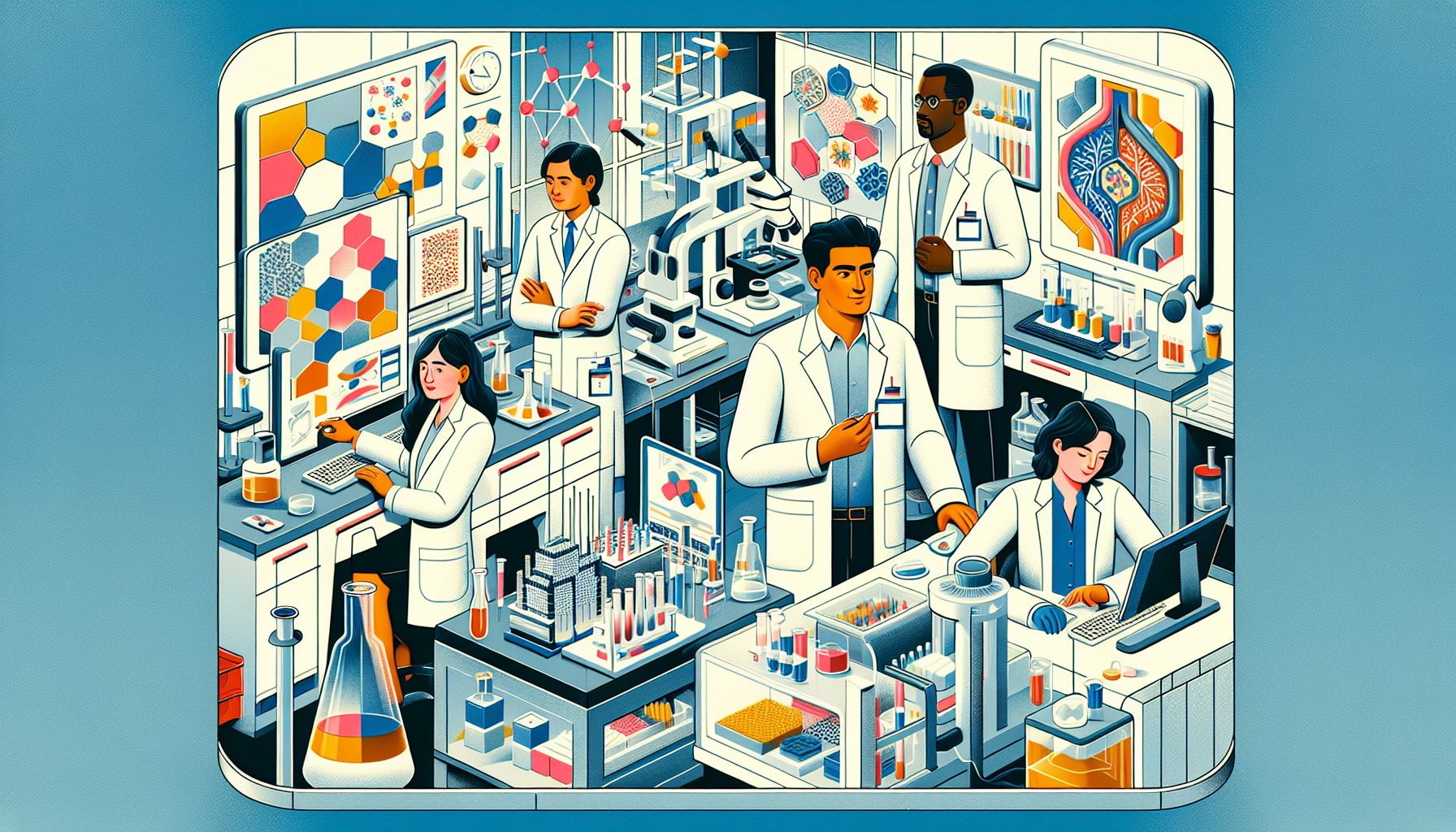Dutch Consortium Secures €37.5 Million for Regenerative Medicine Research

A consortium including TU/e received €37.5 million for research in regenerative medicine using smart materials, aiming to revolutionize cardiovascular treatments.
A Breakthrough in Regenerative Medicine
The DRIVE-RM consortium, led by Professor Marianne Verhaar from UMC Utrecht, has been awarded a substantial €37.5 million grant to advance research in regenerative medicine. This consortium includes prominent institutions such as Eindhoven University of Technology (TU/e), Utrecht University, Maastricht University, and the Hubrecht Institute, with the aim to develop innovative treatments for chronic diseases using smart materials. The funding comes under the prestigious NWO SUMMIT program, which supports cutting-edge scientific research in the Netherlands[1].
Innovative Approach to Chronic Diseases
Regenerative medicine focuses on repairing or replacing damaged tissues using the body’s own healing processes. The DRIVE-RM consortium is pioneering this field by utilizing material-driven regeneration techniques to address chronic conditions such as heart failure, kidney failure, and joint disorders. Key to their approach is the development of synthetic, biodegradable materials that can be gradually replaced by the body’s own tissues, thus promoting natural healing. This method is particularly promising for creating regenerative implants, such as synthetic heart valves, which can adapt to the body’s environment and facilitate tissue regeneration[2].
Expert Contributions and Collaborative Efforts
The consortium features a multidisciplinary team of experts, including Carlijn Bouten from TU/e, who specializes in cardiovascular regeneration and tissue engineering. Bouten’s research focuses on understanding how living cells interact with their environment to design smart materials that can aid in tissue regeneration. Similarly, Jos Malda, an expert in biofabrication from Utrecht University, and Jeroen Bakkers from the Hubrecht Institute contribute their knowledge in developing personalized regenerative treatments. Their collaborative efforts aim to integrate organoids and 4D bioprinting technologies to create customized solutions for patients[3].
The Potential and Future of Regenerative Medicine
The potential benefits of this innovative research are immense. By developing smart materials that can stimulate the body’s own healing processes, the consortium aims to provide effective treatments for a range of chronic conditions. This not only promises to improve patient outcomes but also offers a more sustainable and cost-effective approach to healthcare. The DRIVE-RM project also emphasizes the importance of training the next generation of scientists, ensuring that the advancements in regenerative medicine continue to evolve and benefit future generations. With strong collaborations among leading institutions and a focus on multidisciplinary research, the DRIVE-RM consortium is poised to make significant strides in the field of regenerative medicine[4].

